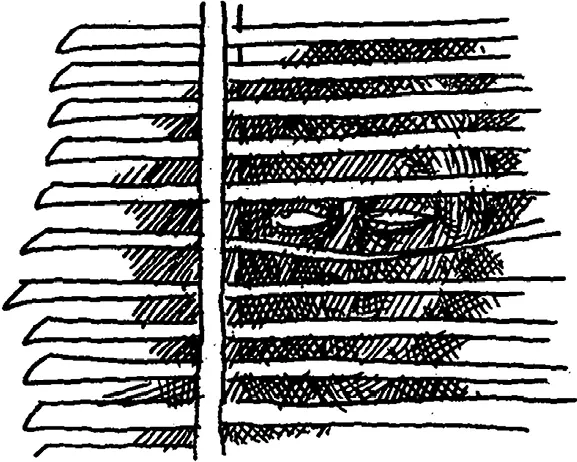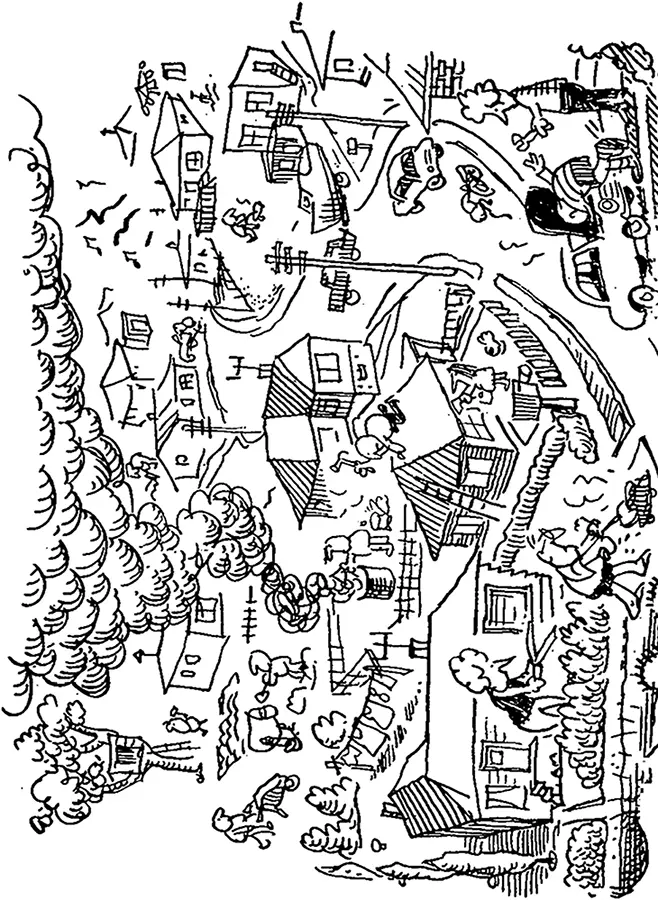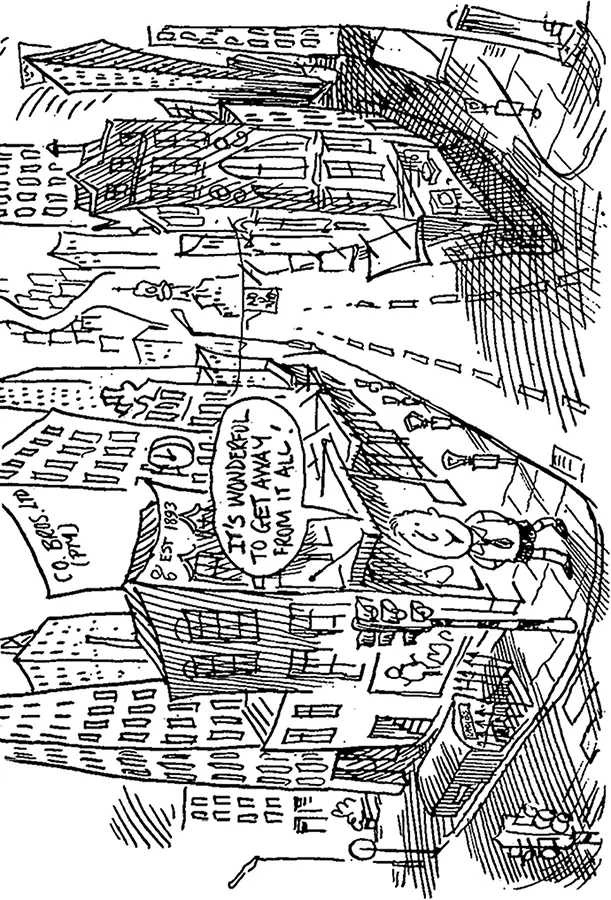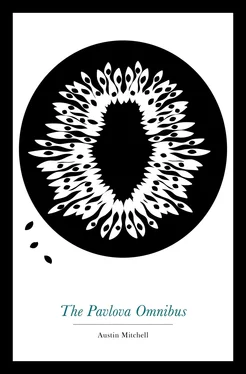Austin Mitchell - The Pavlova Omnibus
Здесь есть возможность читать онлайн «Austin Mitchell - The Pavlova Omnibus» — ознакомительный отрывок электронной книги совершенно бесплатно, а после прочтения отрывка купить полную версию. В некоторых случаях можно слушать аудио, скачать через торрент в формате fb2 и присутствует краткое содержание. Жанр: unrecognised, на английском языке. Описание произведения, (предисловие) а так же отзывы посетителей доступны на портале библиотеки ЛибКат.
- Название:The Pavlova Omnibus
- Автор:
- Жанр:
- Год:неизвестен
- ISBN:нет данных
- Рейтинг книги:5 / 5. Голосов: 1
-
Избранное:Добавить в избранное
- Отзывы:
-
Ваша оценка:
- 100
- 1
- 2
- 3
- 4
- 5
The Pavlova Omnibus: краткое содержание, описание и аннотация
Предлагаем к чтению аннотацию, описание, краткое содержание или предисловие (зависит от того, что написал сам автор книги «The Pavlova Omnibus»). Если вы не нашли необходимую информацию о книге — напишите в комментариях, мы постараемся отыскать её.
The Pavlova Omnibus — читать онлайн ознакомительный отрывок
Ниже представлен текст книги, разбитый по страницам. Система сохранения места последней прочитанной страницы, позволяет с удобством читать онлайн бесплатно книгу «The Pavlova Omnibus», без необходимости каждый раз заново искать на чём Вы остановились. Поставьте закладку, и сможете в любой момент перейти на страницу, на которой закончили чтение.
Интервал:
Закладка:

The house’s turn comes next. First a decoration, then an extension and enlargement, then an extension and enlargement to the extensions and enlargements. Once the major work is done, maintenance, redecoration and the addition of the occasional bedroom or ballroom keep things going until it’s time to move on and begin over again. The Englishman’s home is his castle. It’s the New Zealander’s mistress.
All this he does himself. In countries where work is highly specialised, do-it-yourself is a kind of escape from specialisation of labour, a return to craftsman traditions. The man who spends his life on a car conveyor belt tightening, or in Britain half-tightening, the fourth fender junction bolt can recapture the joy of being a jack of all trades. In New Zealand work isn’t specialised. The only division of labour is the relationship between Tom Skinner and Norman Kirk. It is a nation of all-rounders who have to repair cars, build houses or decorate them because no one else will do it for them. Break down by the roadside and any passing driver can repair your car; one astute Englishman took a wreck from the scrapyard, dumped it by a country road, and by the time the twentieth passing driver had contributed his skills he had a machine capable of 0-60 in 10 seconds and 58.5 mpg
I still remember the hysterical laughter on the other end of the line when I rang a Dunedin plumber to ask him to put a washer on the tap. My inability at gardening was a short-lived joke until the landlord realised that the psychosis was incurable. Then it became a subject for hostile comments and surreptitious dawn visits to do the garden with muffled mower while I slept. I was lucky. One friend allowed his garden to get into such a state of neglect that the neighbours reported him to the Health Department, presumably after finding the Security Service reluctant to intervene. No official inspection machinery is necessary when Big Neighbour watches, and most New Zealanders spend Sunday afternoons driving round the suburbs inspecting everyone else’s homes and gardens. The law intervenes but rarely, as when Otago University students started an epidemic of gnome stealing and butterfly daubing. This ended only when Mrs McMillan threatened to reintroduce the death penalty.


The home is a basic unit of production for children and goods. Other countries have mass production and conveyor belts. New Zealand needs cottage industry because it is less efficient. For the men the home is a garage and service station. The car isn’t a consumer durable but a shrine, as well as being one of the few means of population control not proscribed by the Pope. For it kills over six hundred people a year. There is one car to three people because home garages keep on the road cars which would elsewhere appear only for veterans’ rallies. It is a bit early to tell, but New Zealand may have discovered the secret of perpetual motion. The glory that was grease.
The home is also a market garden. And a brewery. The massive hoardings which proclaim ‘Dominion Bitter’ aren’t to encourage you to drink this brew, but to express the feelings of the directors about their untaxed competitors.
The female production staff devote themselves to making jam, clothes, cakes and scones on a massive scale. The fruit is better preserved than the women. In the preserving season places where teenagers meet are suddenly all male—the girls are bottling. ‘She’s a bottler’ is the highest praise a man can give about a woman. Yet female ingenuity extends in all directions. The Woman ’ s Weekly regularly offers thousands of ideas for economy, ranging from making candlesticks out of bobbins to interuterine devices out of short ends of fencing wire. Indeed its surprising that dustbin men have to call at most New Zealand homes. Continuous recreation of matter was invented here.
This massive cottage industry allows the people to afford all the consumer durables they couldn’t buy if they had to spend money on clothes, vegetables or jam. Unfortunately it also makes these things inordinately expensive for the less dextrous.
Most people are exhausted by the demands of their homes and leave them only to rest and recuperate. Yet for those of insatiable energy there is a range of do-it-yourself activity outside. Elsewhere some act, sing or play, others pay to see them. In New Zealand everyone has the right to sing in grand opera, dance classical ballet or play in the symphony orchestra. Unfortunately all too many of them do.
Voluntary effort runs the political parties, and helps educate the children. Volunteers also provide nursery education, many of the welfare services and much of local government. Political scientists equate a country’s degree of democracy with the vigour of voluntary organisations. New Zealanders are among the most enthusiastic joiners in the world. If wife swapping or sex orgies did catch on, they would form committees to organise them. The purpose of an organisation is usually irrelevant. It exists mainly to provide an outlet for energy, bring people together, and keep them off the streets.
Committees also organise sports. Tom Pearce’s Law states that one hundred full-throated spectators and ten organisers, officials and administrators are necessary to put one man on the rugby field, a bigger back-up than the American army has hors de combat. Old rugby players never die, they graduate to committees. Study of the labyrinthine processes and the inscrutable personalities of the New Zealand Rugby Union is the Kiwi counterpart of the CIA science of Kremlinology.
Sport isn’t merely a physical expression of do-it-yourself. New Zealanders aren’t a peaceful people and if they can’t fight German enemies or thump American allies they need aggressive sport as an outlet for their violent instincts. War and sport bring out the beast in them. Yet sport is the cause of the country’s social progress. Would the social security system have come into being without the incentive of the 20,000 injuries a year inflicted on the rugby field? Sport is also a major political issue. Look at the energy expended in keeping politics out of sport or Maoris out of South Africa or South Africans out of New Zealand. Look at the interruption of parliamentary debates to announce results, or at the meteoric rise of one Minister who threatened to resign from Parliament if his local trotting club didn’t get extra racing days. Sportsmen are the folk heroes. If they could manage words of more than one syllable they would be the nation’s leaders too. Sport is a vital element of colour and excitement in the people’s lives. In short it is their religion.

This doesn’t mean they are all sportsmen. A 1966 survey of leisure time showed that two thirds of those interviewed played no sport and a fifth took no interest, but these are lower proportions than any other country and the same survey showed that a third of the men devoted five hours or more to sport each week. New Zealand has more sporting opportunities. Britain boasts 64 racecourses for 50 million people and as many universities. New Zealand has only seven universities but 80 racing clubs and 30 trotting clubs. It crams 271 licensed racing days and 133 trotting days into a 365-day calendar.
Читать дальшеИнтервал:
Закладка:
Похожие книги на «The Pavlova Omnibus»
Представляем Вашему вниманию похожие книги на «The Pavlova Omnibus» списком для выбора. Мы отобрали схожую по названию и смыслу литературу в надежде предоставить читателям больше вариантов отыскать новые, интересные, ещё непрочитанные произведения.
Обсуждение, отзывы о книге «The Pavlova Omnibus» и просто собственные мнения читателей. Оставьте ваши комментарии, напишите, что Вы думаете о произведении, его смысле или главных героях. Укажите что конкретно понравилось, а что нет, и почему Вы так считаете.












